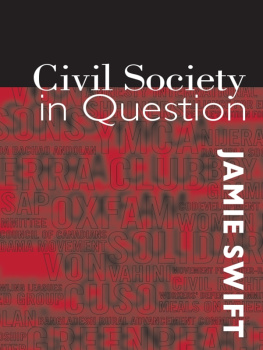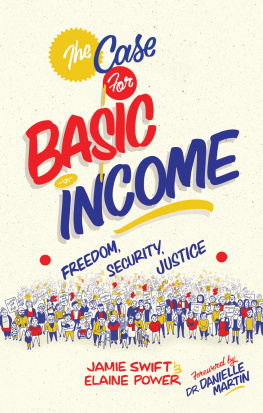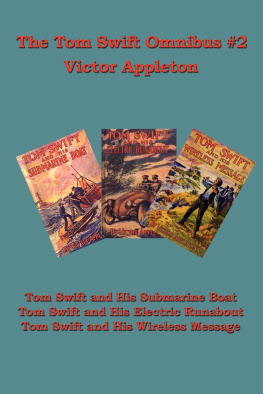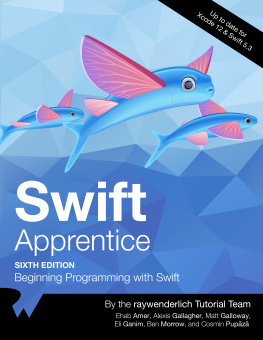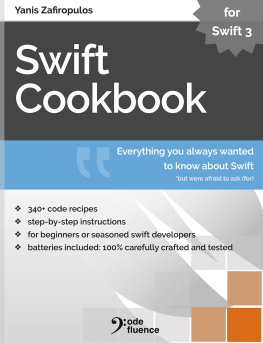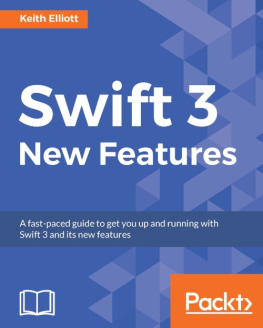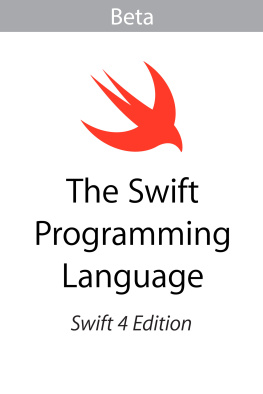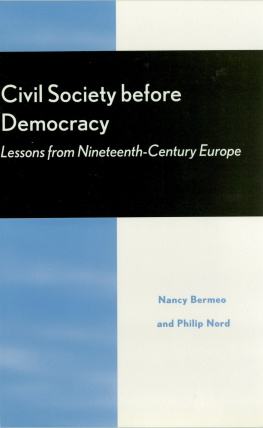Civil Society in Question
South Asia Partnership, 1999
All rights reserved. No part of this publication may be photocopied, reproduced, stored in a retrieval system, or transmitted in any form or by any means, electronic, mechanical, recording, or otherwise, without the written permission of Between the Lines, or CANCOPY (photocopying only), 6 Adelaide Street East, Suite 900, Toronto, Ontario, M5C 1H6.
Between the Lines gratefully acknowledges financial assistance for our publishing activities from the Ontario Arts Council, The Canada Council for the Arts, and the Government of Canada through the Book Publishing Industry Development Program.
Special publishing support for this book was provided by South Asia Partnership, 1 Nicholas Street, Suite 200, Ottawa, Ontario, Canada, K1N 7B7 and by The Trillium Foundation.
Every reasonable effort has been made to find copyright holders. The publisher would be pleased to have any errors or omissions brought to its attention.
Published in collaboration with South Asia Partnership Canada.
Cataloguing data available from Library and Archives Canada
ISBN 978-1-926662-58-9 (epub)
ISBN 978-1-926662-59-6 (PDF)
ISBN 978-1-896357-24-9 (print)
Editor: Robert Clarke
Design: Point of View
Between the Lines
401 Richmond Street West, 1-800-718-7201
Studio 277 Toronto
Ontario M5V 3A8 www.btlbooks.com
by Richard Harmston,
Executive Director, SAP Canada
South Asia Partnership (SAP) is an alliance of six voluntary development organizations in Canada and South Asia that have been working together since 1981 to support sustainable human development in South Asia. The six independent national organizationsSAP Canada, SAP Bangladesh, SAP India, SAP Nepal, SAP Pakistan, and SAP Sri Lankaconstitute SAP International, governed by an international board and coordinated through a Secretariat in Colombo, Sri Lanka.
With a shared goal of working towards the elimination of poverty, powerlessness, and injustice in South Asia and globally, the SAP network believes in the potential of peoples organizations to bring about lasting change. SAP is dedicated to strengthening the capacities, voices, and collective action of community organizations nationally, throughout the South Asia region, and internationally.
SAP organizations in Asia provide a range of capacity-building services to over one thousand NGOs and community-based organizations in South Asia. Training, networking, community development, communications, and advocacy programs contribute to building strong, self-determined communities that can address local problems, manage development activities, and contribute to public policies on matters affecting peoples lives. In addition to their national programs, SAP organizations also work on a regional basis through SAP International, bringing community activists and decision-makers together on regional and global issues.
In Canada, SAP Canada acts as a forum and information centre for a membership of twenty-two NGOs and a broad constituency of diverse organizations interested in human development and justice, specifically in South Asia. SAP Canada members and networks provide support to SAP programs in Asia, participate in learning and solidarity activities with South Asian organizations, and collaborate to increase public engagement and government support for development in South Asia.
Each year, SAP Canada holds a major forum in Canada on an evolving issue related to development work in South Asia. The 1997 forum, Strengthening Civil Society: Progressive Strategy or Smokescreen? grew out of an increasing use of the terminology of civil society by SAP and others, and exposure to the brewing debate on civil society as a development strategy.
Why was the term being used? What were donor expectations? Was it distracting from poverty reduction activity? Was it reflecting an abrogation of government responsibilities or an emphasis on the market? Did it offer a more empowering context for development effort? Did it imply new approaches or was it old wine in a new bottle?
The forum aimed to generate analysis, country-specific information, donor perspectives, dialogue, reflection, and strategies. Participants explored theoretical concepts of civil society, civil society environments and relations in Canada and South Asia, and civil society as a development strategy; they participated in case studies on strengthening civil society; and they considered the nature of partnerships for civil society.
The forum was organized by SAP in partnership with the International NGO Training and Research Centre (INTRACOxford, U.K.) and the North-South Institute, Ottawa. It was held in three locations across Canada: the International Development Research Centre in Ottawa, the University of Calgary (with the Division of International Development), and the Coady International Institute in Antigonish, Nova Scotia. Participants in these three events included thirty-eight resource people from Canada and ten from South Asia, including Neera Chandhoke, professor of political science, University of Delhi, and author of State and Civil Society:Explorations in Political Theory. The forum received its main funding from the Canadian International Development Agency (CIDA), with additional support from the International Development Research Centre (IDRC), the International Centre for Human Rights and Democratic Development, the North-South Institute, and the Canadian Centre for Foreign Policy Development.
The information, materials, resources, proceedings, and, in general, the interest generated from the forums led to the writing of this book, which was made possible by a grant from the Trillium Foundation.
With the passing of the Cold War civil society has been much-discussed, preoccupying those whonot subscribing to any fuzzyminded End of History thinkingwould ask what next? How to navigate the changing terrain on which government, the market, and voluntary organizations occupy shifting positions? How are those involved in age-old struggles for social justice and equality to make sense of the sudden reappearance of a notion that had long languished in the mists of political theory, only to emerge as a fashionable topic echoing around conference halls from Vancouver to Karachi?
This book had its origins in one such meeting, a 1997 conference organized by the South Asia Partnership. Linda Moffat of SAP-Canada asked me to write a short book that would elaborate on some of the themes that emerged at that forum. She was the moving force behind this book, patiently encouraging me to keep stabbing away at a task that one of her colleagues described as like trying to pin multi-coloured jelly to a wall. I am indebted to Linda for her cheerful support when I was trying to make sense of it all. Thanks also to Faris Ahmed, Jonathan Barker, Paul Eprile, David Peerla, Mohammad Qadeer, Ian Smillie, Gauri Sreenivasan, Aparna Sundar, Brian Tomlinson, and Alison Van Rooy for useful comment, criticisms, and additions to my bulging civil society files. Jackie Davies brought her sharp, critical thinkers eye to a second draft. And as usual that intrepid editor Robert Clarke made sense of it all, bringing whatever consistency and clarity the jellys present form takes.



